Sports
12 Key Traits That Define Mental Toughness in Elite Athletes


Mental toughness is often regarded as the defining factor that separates elite athletes from the rest.
It encompasses a set of crucial traits that contribute to an athlete’s ability to perform under pressure, overcome obstacles, and persist in the face of adversity.
These traits go beyond physical prowess and skill, shaping an athlete’s mindset and approach to their sport.
Understanding and mastering these key traits is essential for achieving peak performance and success in the competitive world of sports.
Key Takeaways
- Resilience and adaptability are crucial traits for elite athletes, as they allow them to bounce back from adversity and view setbacks as opportunities for growth.
- Focus and mindfulness are essential for maintaining a clear goal and unwavering attention to the present task, even in the face of distractions and challenges.
- Confidence and belief in one’s abilities empower athletes to take risks, remain composed in high-stakes situations, and positively influence their teammates.
- Effective stress management and coping strategies, such as mindfulness techniques and building a strong support network, help athletes minimize the impact of stressors and maintain their mental toughness.
Resilience
Resilience, the ability to adapt and bounce back from adversity, is a key trait observed in elite athletes, enabling them to navigate challenges and setbacks in their athletic careers. Elite athletes encounter numerous obstacles, including injuries, losses, and intense competition. Their capacity to endure and rebound from these adversities is what sets them apart.


Resilience in elite athletes is not simply about overcoming obstacles; it’s also about the ability to learn and grow from these experiences. They view setbacks as opportunities for growth, using them to refine their skills and mental fortitude.
Resilience is often cultivated through a combination of factors, including a strong support system, effective coping strategies, and a resilient mindset. Elite athletes often possess a high level of self-awareness, enabling them to recognize their emotions, thoughts, and reactions to adversity. This self-awareness allows them to effectively manage stress and maintain focus, even in the face of significant challenges.
Moreover, elite athletes demonstrate resilience by maintaining a sense of purpose and optimism despite setbacks. They exhibit a remarkable ability to stay motivated and committed to their long-term goals, even when faced with significant hurdles. This unwavering determination fuels their resilience, allowing them to persevere in the face of adversity and ultimately achieve success.
Focus
Elite athletes exhibit an exceptional capacity to maintain unwavering focus amidst distractions and challenges, a critical component of their mental toughness and competitive success. This ability to stay focused enables them to perform at their best, especially in high-pressure situations.
The following factors contribute to the unwavering focus seen in elite athletes:
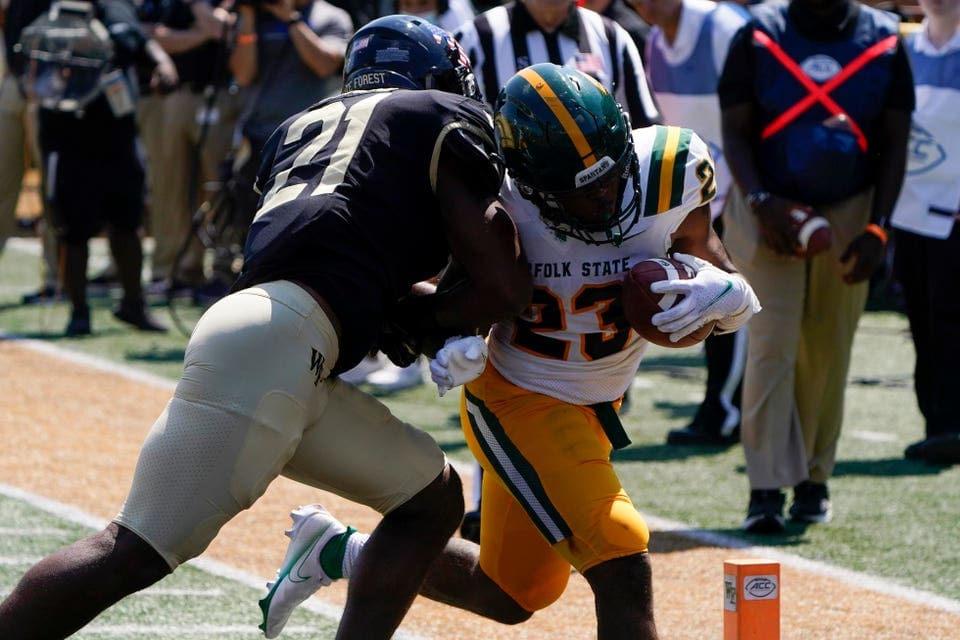

- Clear Goal Setting: Elite athletes have a clear vision of their goals, allowing them to maintain focus on the task at hand. This clarity helps them block out distractions and stay on course toward their objectives.
- Mindfulness and Visualization: Many elite athletes practice mindfulness and visualization techniques to enhance their focus. By staying present in the moment and visualizing successful outcomes, they can maintain unwavering attention to the present task.
- Resilient Mindset: Elite athletes possess a resilient mindset that enables them to overcome setbacks and stay focused on their long-term goals. They view challenges as opportunities for growth, allowing them to maintain focus even in the face of adversity.
The ability to maintain unwavering focus is a key trait that sets elite athletes apart and contributes significantly to their success in competitive sports.
Confidence
Confidence is a fundamental psychological attribute that plays a pivotal role in the performance and success of athletes at the elite level. It is the belief in one’s abilities, the inner assurance that allows athletes to face challenges, overcome setbacks, and perform at their best, especially under pressure.
Elite athletes exhibit unwavering confidence in their skills, training, and preparation, enabling them to push their limits and achieve extraordinary feats in their respective sports.
Confidence is not merely a feeling; it is a mindset that empowers athletes to take risks, make bold decisions, and persist in the face of adversity. It allows them to maintain composure in high-stakes situations and execute their game plans with precision and determination.
Moreover, confidence fosters resilience, enabling athletes to bounce back from disappointments and setbacks with a positive outlook.
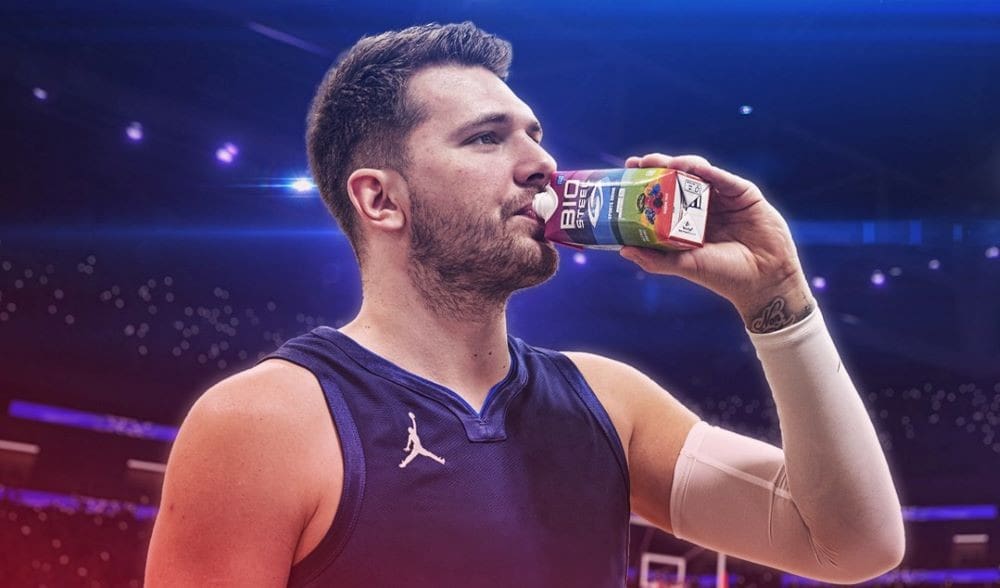

Furthermore, confidence is contagious and can positively influence teammates, creating a ripple effect of belief and determination within a team.
It is an indispensable trait that underpins mental toughness, and its cultivation is essential for athletes striving for excellence at the elite level.
Stress Management
In high-pressure environments, the effective management of stress is a critical factor influencing an elite athlete’s performance and overall well-being. Stress management in elite athletes involves a multi-faceted approach that integrates physical, mental, and emotional strategies to cope with and minimize the impact of stressors.
- Mindfulness and Meditation: Elite athletes often utilize mindfulness techniques and meditation to enhance their ability to stay present, focused, and calm in high-pressure situations. These practices help them manage stress by fostering a sense of inner peace and mental clarity.
- Cognitive Restructuring: This technique involves identifying and reframing negative thought patterns that contribute to stress and anxiety. Elite athletes learn to challenge and replace these thoughts with positive and empowering ones, thereby reducing the impact of stress on their performance.
- Social Support and Connection: Building a strong support network of coaches, teammates, and mental health professionals is essential for elite athletes to effectively manage stress. Having a support system in place provides validation, encouragement, and a sense of belonging, all of which are crucial for mitigating the negative effects of stress.
Motivation
Motivation is a critical component of mental toughness in elite athletes. Internal drive and a goal-oriented mindset are essential factors that drive athletes to push through challenges and achieve success.
Understanding the sources of motivation and how it can be nurtured is crucial in developing mental toughness in the sporting arena.
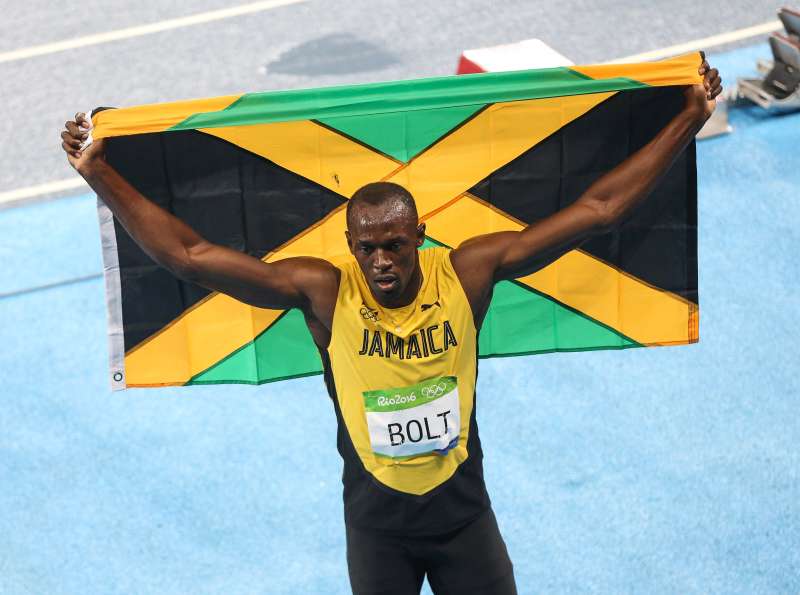

Internal Drive
Evidenced through their unwavering dedication and resilience, elite athletes demonstrate a remarkable internal drive that propels them towards their goals with unyielding determination. This internal drive is characterized by:
- Intrinsic Motivation: Elite athletes are primarily driven by internal rewards such as personal satisfaction, a sense of accomplishment, or the love for their sport. This intrinsic motivation fuels their passion and sustains their efforts even in the face of adversity.
- Resilience: Their ability to bounce back from setbacks and continue pursuing their goals despite obstacles showcases their profound internal drive. This resilience is often rooted in a deep-seated belief in their abilities and a relentless pursuit of excellence.
- Self-Discipline: Elite athletes possess an exceptional level of self-discipline, enabling them to stay focused, maintain rigorous training regimens, and make sacrifices in pursuit of their ambitions. This internal drive, coupled with their motivation, sets them apart in their sporting endeavors.
Goal-Oriented Mindset
Elite athletes’ goal-oriented mindset is a fundamental aspect of their mental toughness, driving them to meticulously plan, pursue, and achieve their athletic objectives with unwavering determination.
This mindset is characterized by a strong sense of purpose, an unwavering commitment to their goals, and the resilience to overcome obstacles.
Elite athletes understand that setting clear, achievable, and challenging goals is essential for their success. They use these goals to maintain focus, stay motivated, and push through adversity.
This goal-oriented mindset empowers athletes to stay disciplined in their training, maintain a positive attitude, and persist in the face of setbacks. It also fosters a deep sense of personal accountability and responsibility for their own success, instilling a powerful drive to continuously improve and achieve their full potential.


Performance Anxiety
Performance anxiety is a common challenge faced by many elite athletes, impacting their ability to deliver optimal results during competitions. This psychological hurdle can significantly hinder an athlete’s performance and overall well-being.
Here are key aspects to consider when addressing performance anxiety:
- Negative Thought Patterns: Athletes experiencing performance anxiety often struggle with negative self-talk and catastrophic thinking, leading to a decrease in confidence and an inability to focus on the task at hand.
- Physical Manifestations: The physiological response to performance anxiety can include increased heart rate, sweating, and muscle tension, all of which can further exacerbate the athlete’s feelings of unease and hinder their performance.
- Pressure and Expectations: The weight of expectations from oneself, coaches, teammates, and fans can contribute to the development of performance anxiety. The fear of failure and the desire to meet or exceed these expectations can create immense pressure, leading to heightened anxiety levels.
Understanding and addressing these factors is crucial in helping athletes manage and overcome performance anxiety, enabling them to perform at their best and achieve their full potential.
Visualization
After addressing the challenges of performance anxiety, it is imperative to explore the role of visualization in enhancing an athlete’s mental resilience and performance capabilities.
Visualization, also known as mental imagery, is a powerful technique that involves creating a detailed mental picture of a desired outcome or performance. Elite athletes often use visualization to mentally rehearse their skills, strategies, and tactics in a realistic and immersive manner. By vividly imagining themselves successfully executing their performance, athletes can enhance their confidence, focus, and overall mental toughness.
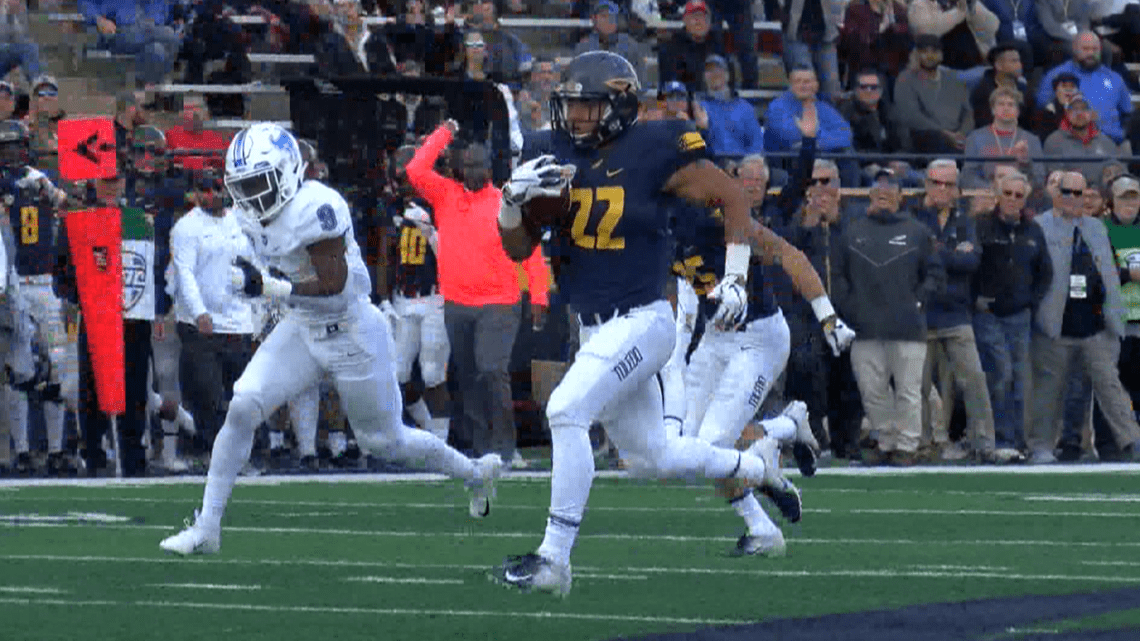

Research suggests that visualization can positively impact an athlete’s performance by improving their concentration, reducing anxiety, and increasing their self-efficacy. When athletes visualize themselves overcoming obstacles and achieving their goals, it can instill a sense of belief and determination that is essential for success in competitive sports. Moreover, visualization can also help athletes prepare for challenging situations, adapt to different scenarios, and maintain composure under pressure.
In essence, visualization serves as a mental training tool that empowers athletes to optimize their performance by harnessing the power of their minds. By integrating visualization into their training regimen, athletes can develop a resilient mindset and enhance their ability to perform at their best, even in the face of adversity.
Goal Setting
Utilizing strategic goal setting is pivotal in shaping the mental fortitude and performance trajectory of athletes at all levels of competition. The ability to set and pursue goals with determination and resilience is a defining trait of mentally tough athletes.
Here are three key aspects of goal setting that contribute to the development of mental toughness:
- Clarity and Specificity: Setting clear, specific, and measurable goals provides athletes with a roadmap for their journey. This clarity helps in maintaining focus and direction, allowing athletes to channel their efforts effectively.
- Adaptability: While setting ambitious goals is important, mentally tough athletes understand the value of adaptability. They are open to adjusting their goals in response to changing circumstances, setbacks, or new information, without losing sight of their overarching objectives.
- Resilience and Persistence: Mental toughness equips athletes with the resilience and persistence needed to pursue their goals in the face of challenges and adversity. This trait enables them to stay committed to their goals, even when the path to success becomes arduous.
In the pursuit of their goals, mentally tough athletes embrace the freedom to define their aspirations and work tirelessly to turn them into reality.
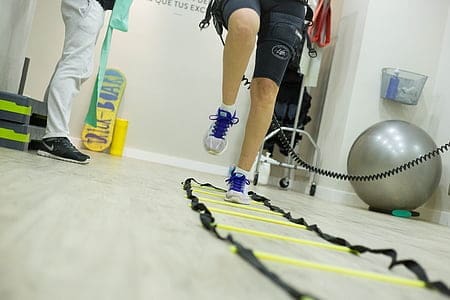

Self-Talk
In the realm of athletic psychology, self-talk serves as a fundamental component in shaping an athlete’s mental resilience and performance outcomes. The way athletes speak to themselves internally can significantly impact their ability to cope with challenges, stay focused, and maintain confidence during high-pressure situations. Positive self-talk, characterized by affirming statements and constructive inner dialogue, has been associated with improved athletic performance and enhanced mental toughness. Conversely, negative self-talk, such as self-doubt or harsh self-criticism, can hinder an athlete’s ability to overcome obstacles and may lead to increased anxiety and decreased confidence.
Effective self-talk strategies involve the cultivation of self-awareness to recognize and reframe negative thoughts, replacing them with positive and empowering affirmations. This practice can help athletes build resilience, regulate emotions, and stay motivated in the face of adversity. Coaches and sports psychologists play a crucial role in guiding athletes to develop constructive self-talk patterns, fostering a supportive environment where athletes feel empowered to engage in positive inner dialogue.
Ultimately, mastering self-talk can contribute to an athlete’s mental toughness and overall well-being, enabling them to perform at their best while maintaining a sense of freedom and autonomy in their athletic pursuits.
Discipline
When it comes to elite athletes, discipline plays a crucial role in their success. Consistent daily practice allows athletes to refine their skills and maintain peak performance levels.
Additionally, mental resilience training and a focus on long-term goals help athletes stay motivated and overcome obstacles in their pursuit of excellence.


Consistent Daily Practice
Consistent daily practice is a fundamental element of discipline that underpins the mental toughness of elite athletes. It is the cornerstone on which success is built, requiring dedication, focus, and resilience. Elite athletes exhibit mental toughness through their commitment to daily practice, demonstrating the following key traits:
- Routine: Elite athletes adhere to a structured daily practice routine, fostering a sense of stability and purpose in their training.
- Adaptability: They remain adaptable in their approach to practice, catering to evolving training needs and external factors, such as injuries or environmental changes.
- Persistence: Elite athletes display unwavering persistence in their daily practice, pushing through challenges and setbacks with determination and a growth mindset.
Consistent daily practice not only hones physical skills but also cultivates mental fortitude, essential for achieving freedom in athletic performance.
Mental Resilience Training
Mental resilience training, a core element of elite athlete development, requires a steadfast commitment to disciplined practices that foster strength and adaptability in the face of adversity.
Discipline in mental resilience training involves building the capacity to remain focused and composed under pressure, allowing athletes the freedom to perform at their best, even in challenging circumstances. This training often involves techniques such as mindfulness, cognitive restructuring, and stress management, empowering athletes to overcome setbacks and thrive in competitive environments.
By cultivating discipline in mental resilience training, athletes can enhance their ability to bounce back from setbacks, stay motivated, and maintain a positive mindset, ultimately contributing to their overall success in sports and beyond.
Through consistent and disciplined mental resilience training, athletes can unlock their full potential and achieve peak performance.
Focus on Long-Term Goals
Building on the foundation of mental resilience training, elite athletes demonstrate a disciplined focus on long-term goals as an integral aspect of their development and success. This unwavering commitment to long-term goals sets them apart and enables them to navigate through challenges with determination and purpose. Elite athletes exhibit discipline by:
- Prioritizing Consistency: They understand that consistent effort over time is crucial for achieving significant long-term goals, and they prioritize daily actions that align with their objectives.
- Embracing Delayed Gratification: Elite athletes are willing to forgo immediate rewards in favor of the long-term fulfillment of their aspirations, showcasing their ability to withstand the allure of instant gratification.
- Adhering to Strategic Planning: They meticulously devise and adhere to strategic plans that ensure steady progress towards their long-term objectives, demonstrating a disciplined and focused approach to their athletic journey.
This discipline not only shapes their athletic prowess but also serves as a testament to their unwavering commitment to freedom through self-mastery and achievement.
Emotional Control
Elite athletes demonstrate remarkable emotional control, a key trait that enables them to navigate the intense pressures and adversities inherent in competitive sports. Emotional control encompasses the ability to manage and regulate one’s emotions in the face of success, failure, or unexpected challenges. This trait allows athletes to remain focused, composed, and resilient, even in the most demanding situations.
When facing setbacks, elite athletes are able to channel their emotions in constructive ways, using them as fuel for motivation and learning, rather than being overwhelmed by them. Moreover, they display a high level of self-awareness, recognizing their emotional states and understanding how these may impact their performance. This self-awareness enables them to employ various coping strategies, such as deep breathing, visualization, or positive self-talk, to maintain their emotional equilibrium.
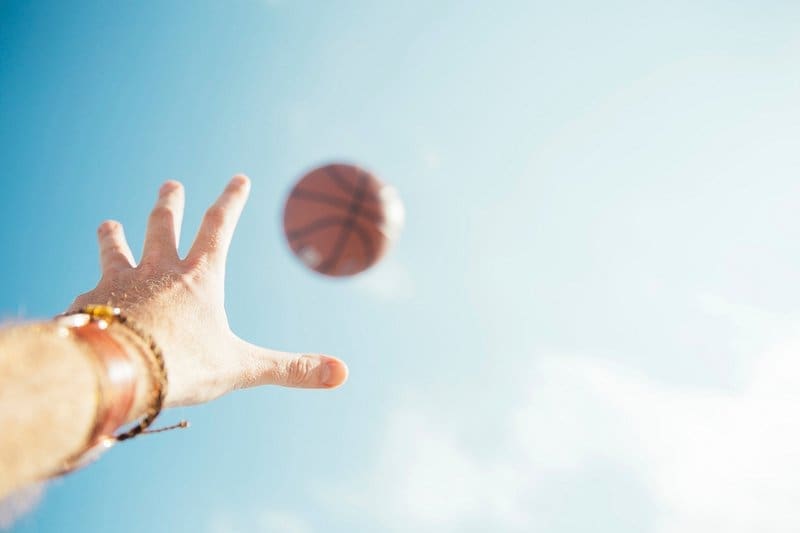

Ultimately, emotional control not only enhances an athlete’s performance but also fosters mental toughness and overall well-being. It is a skill that can be honed through mindfulness practices, emotional regulation techniques, and the guidance of sports psychologists, allowing athletes to harness the power of their emotions while maintaining a sense of freedom and autonomy.
Coping Strategies
Having established the significance of emotional control in elite athletes, the discussion now turns to examining the various coping strategies employed by these individuals to navigate the challenges and demands of competitive sports.
- Positive Self-Talk: Elite athletes often use positive affirmations and self-encouragement to reframe challenges as opportunities for growth. By fostering a mindset of self-belief and determination, they can overcome setbacks and maintain focus during intense competition.
- Visualization and Mental Rehearsal: Many elite athletes utilize visualization techniques to mentally rehearse their performance and envision success. By creating vivid mental images of their desired outcomes, they can enhance confidence and reduce anxiety, thereby optimizing their performance under pressure.
- Seeking Support Networks: Elite athletes recognize the importance of seeking support from coaches, teammates, and mental health professionals. By fostering strong support networks, they can gain valuable perspective, advice, and encouragement, helping them to cope with the psychological demands of elite sports and maintain overall well-being.
These coping strategies not only enable elite athletes to navigate the rigors of competitive sports but also contribute to their mental resilience and emotional well-being, ultimately fostering a sense of freedom and empowerment within their athletic pursuits.
Frequently Asked Questions
How Do Elite Athletes Balance Their Mental Toughness With Their Physical Training and Performance?
Elite athletes balance mental toughness with physical training and performance by cultivating resilience, focus, and self-belief. They prioritize mental conditioning alongside physical preparation, utilizing techniques like visualization, mindfulness, and positive self-talk to enhance overall performance.
What Role Does Mental Toughness Play in an Athlete’s Ability to Recover From Injuries and Setbacks?
Mental toughness significantly influences an athlete’s resilience in overcoming injuries and setbacks. It fosters a positive mindset, determination, and adaptability, enabling athletes to navigate challenges, maintain motivation, and focus on recovery, ultimately enhancing their performance.
Can Mental Toughness Be Developed and Improved Over Time, or Is It Primarily a Natural Trait?
Mental toughness can be developed and improved over time through training, practice, and exposure to challenging situations. While some individuals may have a natural inclination towards mental toughness, it is a trait that can be cultivated and honed through deliberate effort and resilience-building strategies.
How Do Elite Athletes Use Their Mental Toughness to Maintain a Healthy Work-Life Balance and Manage Stress Outside of Their Sport?
Elite athletes leverage their mental toughness to strike a balance between their sporting careers and personal lives. They use resilience to navigate stress, employing visualization and mindfulness techniques to maintain a healthy equilibrium, contributing to their overall well-being.
What Are Some Practical Strategies for Incorporating Mental Toughness Training Into a Daily Routine for Amateur Athletes or Those New to Competitive Sports?
Incorporating mental toughness training into a daily routine for amateur athletes or those new to competitive sports involves setting clear goals, embracing challenges, maintaining a positive mindset, and seeking support from coaches and peers. Consistent practice and reflection are essential for growth.


Hi, I’m Kyle Rivera, a news journalist and blog editor with the Daily Evening News. A TCU alum with a flair for storytelling, I spend my days uncovering impactful stories and my evenings exploring the realms of yoga, cycling, and whimsically bad poetry.
Travel is my escape; I’ve trekked from Tokyo’s neon lights to Iceland’s tranquil vistas. But no journey is complete without Mogli, my Golden Retriever, who’s redefining his breed standards in the most charming ways.
I love connecting with fellow travelers, yogis, cyclists, and anyone who enjoys a laugh at my poetic attempts. If you’re into stories that inspire, travel escapades, or just want to see what Mogli and I are up to, I’d love to hear from you on Instagram or Facebook. Let’s share tales and tips from around the globe!

